
In last year’s Seven Fallen Feathers, Tanya Talaga set out to investigate the deaths of Indigenous teens going to school in Thunder Bay and, along the way, exposed the massive disparity in resources available to Indigenous youth versus their non-Indigenous peers. Talaga’s 2018 CBC Massey Lectures, All Our Relations (Anansi, 258 pages, $19.95), in a way picks up where that book left off, looking at the crisis of youth suicide in Indigenous communities. In Canada, the United States, Brazil, Australia and the Nordic countries, Talaga finds the common causes of this crisis, but also what the book’s subtitle suggests: “a path forward.”
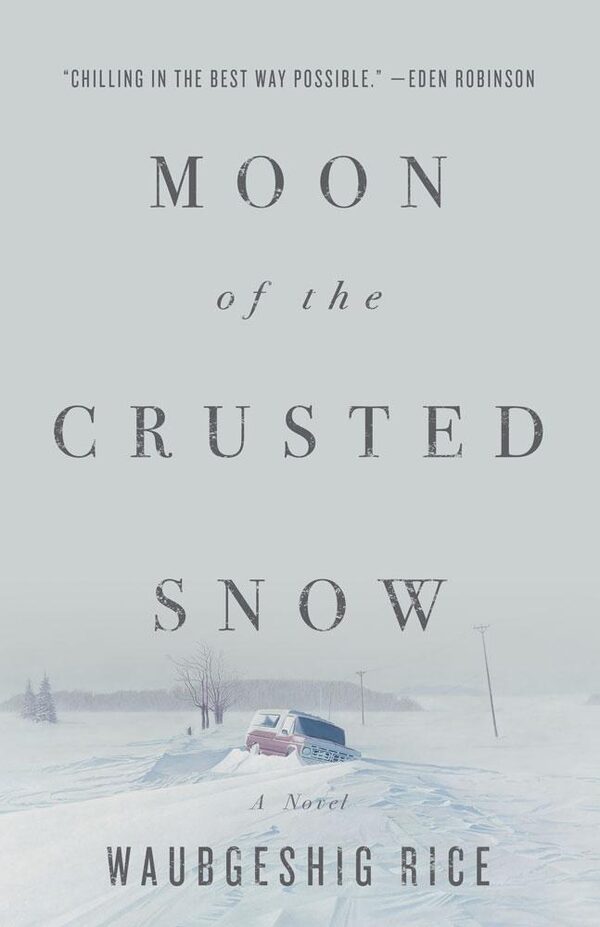
As an elder in Waubgeshig Rice’s latest novel asks, what is the apocalypse when your world has already ended, your land, children and ways stolen from you? At the book’s outset, winter is on the horizon in the northern Anishinaabe community where Evan, a father with a young family, works for the band council. Then the power cuts out and with it, communication with society to the south. Lately there seems to be a limitless supply of end-of-the-world stories. Moon of the Crusted Snow (ECW, 218 pages, $17.95) sets itself apart – an apocalypse novel in reverse.
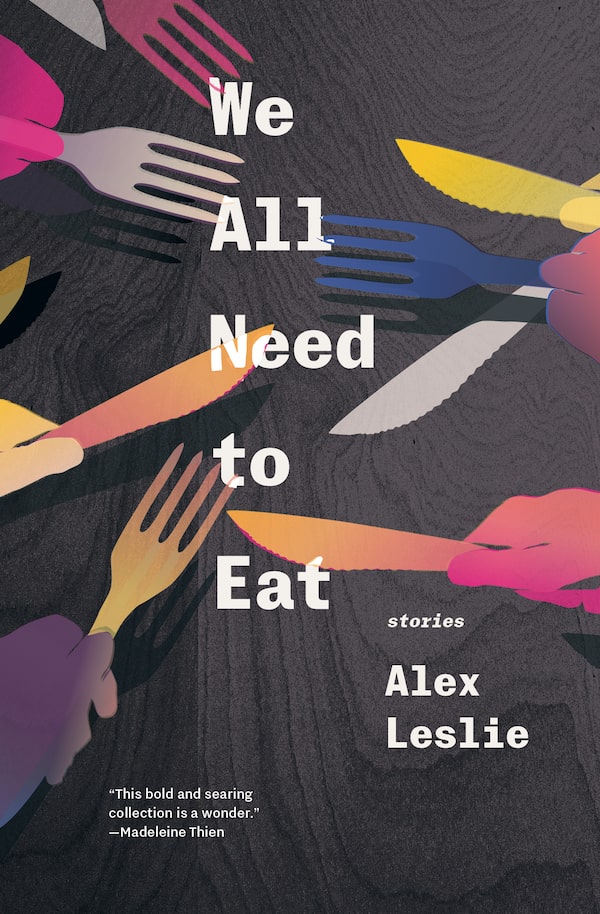
Handout
Since the election of Donald Trump, many of us have considered the Holocaust in light of increased displays of outright anti-Semitism and white nationalism – only more so after the attack on the Pittsburgh’s Tree of Life synagogue in October. This afterimage is the setting of Alex Leslie’s linked stories in We All Need to Eat (Book*hug, 240 pages, $20), as Soma, a young queer woman in Vancouver, navigates family and love while preoccupied by news stories of neo-Nazi rallies. Soma’s stories echo those of her grandmother, of a similar age when Canada turned away Jewish refugees on the MS St. Louis in 1939, for which the Canadian government recently apologized.
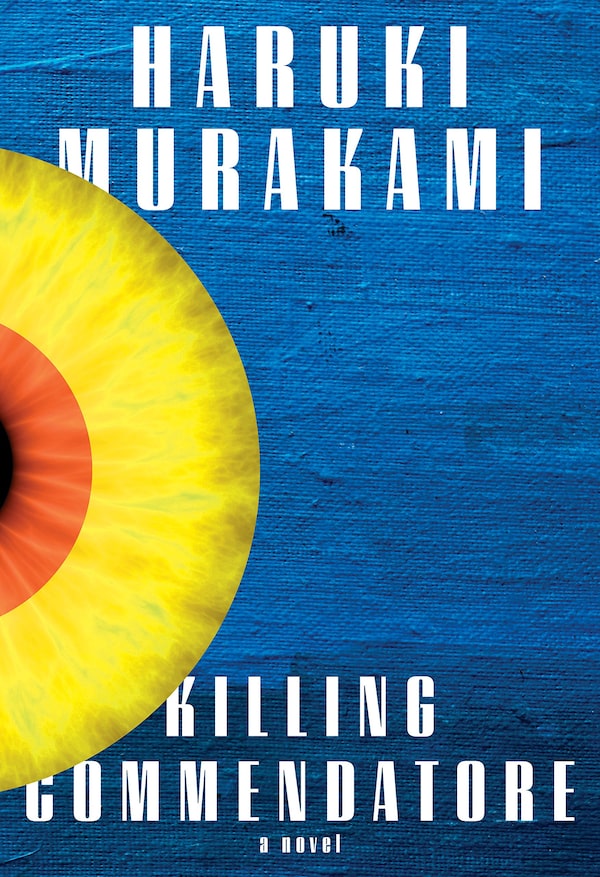
Haruki Murakami’s Killing Commendatore, translated by Philip Gabriel and Ted Goossen (Knopf, $36.95) is an example of a great artist’s lesser work. It’s enjoyable, Murakami’s endless interest in his female characters’ breasts aside. Yet, at the end of 704 pages, I couldn’t help but feel that a story involving a Nazi assassination plot, the Nanjing Massacre and a magical pit in the woods should have amounted to something more. What was all that build-up for? This would have been a better book at half the length. Probably not worth the time for all but the most devoted Murakami fans.
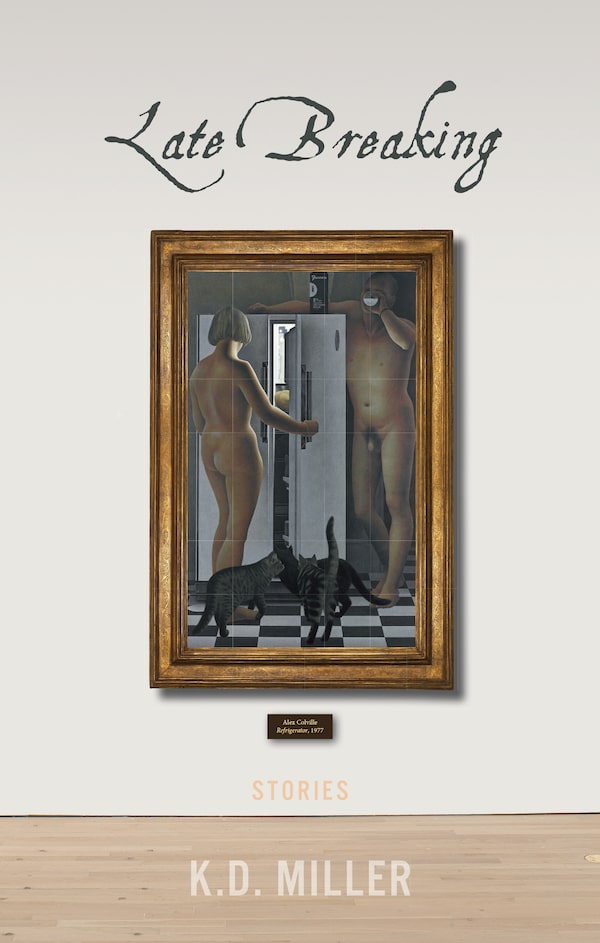
In Murakami’s novel, a painter looks at one of his works and thinks something is about to happen. K.D. Miller’s latest collection of stories, Late Breaking (Biblioasis, 288 pages, $19.95), also starts from a similar sense of foreboding, here reacting to the paintings of Alex Colville. In some stories, Miller takes off from the narrative suggestion of a specific painting. In others, she builds from the sense of relationship between people or simply the tone Colville of what depicted. The end result feels like a comprehensive narrative, the characters linked by more than their source material. A real standout.
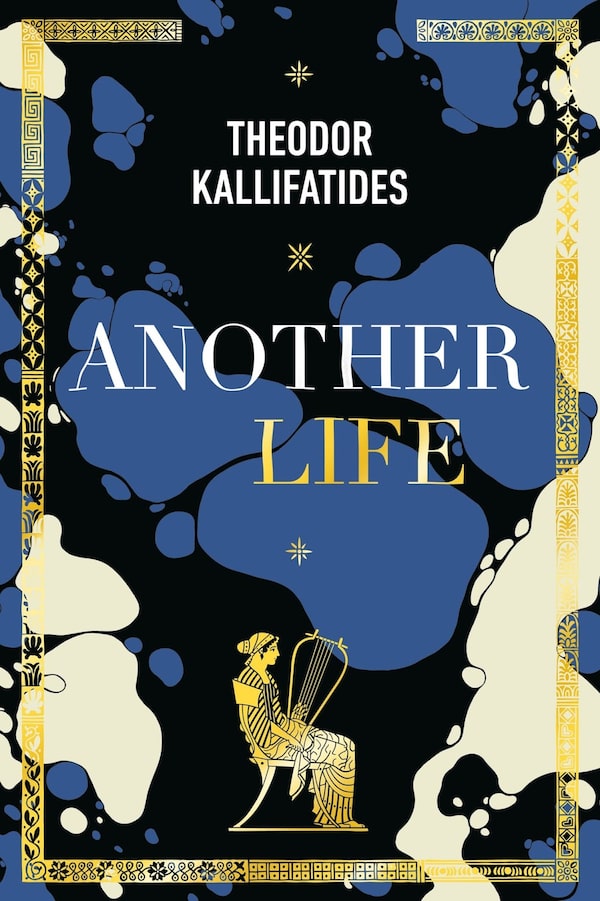
One of the subjects of Miller’s stories is the elder heart: love and sex in what is sometimes called “the third age.” The author of more than 40 books, Theodor Kallifatides is likewise interested in this third age – Another Life (Other Press, 144 pages, $29.95), translated by Marlaine Delargy, is his portrait of the artist at 77, encountering writer’s block. But he can’t not write. Having immigrated decades before, he sees Sweden changing. And as a child of Greece who remembers the Axis occupation, he sees his homeland subject to ridicule once more. A memoir about writing as a form of homecoming.